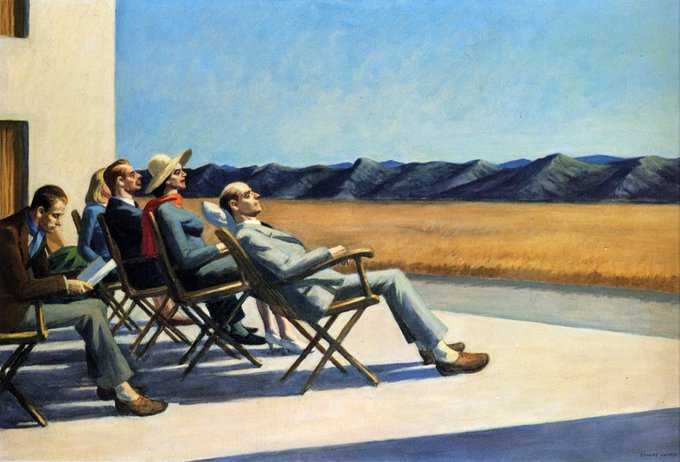The Lifepath research consortium aimed to investigate the effects of socioeconomic inequalities on the biology of healthy aging. The main research questions included the impact of inequalities on health, the role of behavioral and other risk factors, the underlying biological mechanisms, the efficacy of selected policies, and the general implications of our findings for theories and policies.
The impact of socioeconomic condition on premature aging is mediated by known behavioral and clinical factors and intermediate molecular pathways that Lifepath studies have revealed, including epigenetic clocks (age acceleration), inflammation, allostatic load, and metabolic pathways—highlighting the biological imprint (embodiment) of social variables and strengthening causal attribution.
There is still a wide gap between social and natural sciences, both on methodological and conceptual grounds. Natural sciences focus in particular on biological mechanisms and outcomes, i.e., they address “zoe” (biological life), while social sciences address “bios” (biographical life), if we refer to the terminology used by Ronald Dworkin. In fact, epidemiologists aim to connect zoe and bios in meaningful ways, though this attempt has rarely become explicit. An exception is the work of Nancy Krieger who proposed the concept of “embodiment.” Biology and biography (124) meet in the health status of an individual, depending on social position at a given age. These concepts start to be incorporated into epidemiological research, via the integration of social contexts and biomarkers in a life-course approach. The results from analyses carried out within Lifepath suggest that the socioeconomic environment, from early life and across the life-course, is an important risk factor for health and exerts its effects via intermediate biological mechanisms.Great research!
PS. Austin Frakt in NYT Putting a Dollar Value on Life? Governments Already Do
Edward Hopper
